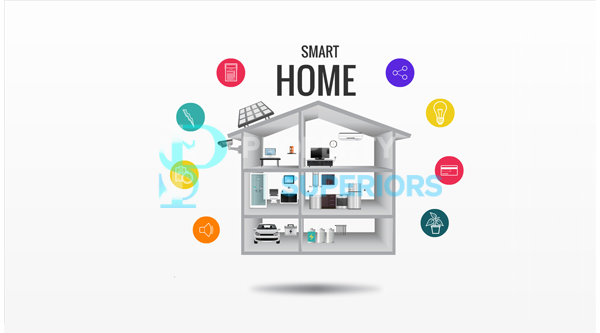
Smart home systems are home automation systems that control lighting, heating, security, and other household items. By connecting to a device such as a smartphone or tablet, the smart home technology built into the system allows you to manage the system at home or on the go. Smart home features are gaining new possibilities every day as technology advances. With smart home apps, you can manage your home even when you're away. This technology makes your life safer, more comfortable and cheaper. Smart homes are more secure than traditional homes. If a visitor is detected near your home, your smartphone will receive an instant notification thanks to the facial recognition technology used in existing automated systems. This protects your life and property from threats such as theft.
Timer and trigger systems are used to install smart home systems. Events you want to happen at home are done automatically through a timer system. For example, it can open and close your windows at any time of the day to ventilate your home. Alternatively, you can turn the garden lighting on and off at any time. The trigger is that the system automatically responds to a range of situations and can interact with actions you perform with your smartphone. For example, the light will automatically turn on when the door is opened, and it will turn off when there is no activity in the house. Or, your home and garage doors will automatically open when they detect you, making your life easier. Smart home features provide you with a system that allows you to automate various tasks.
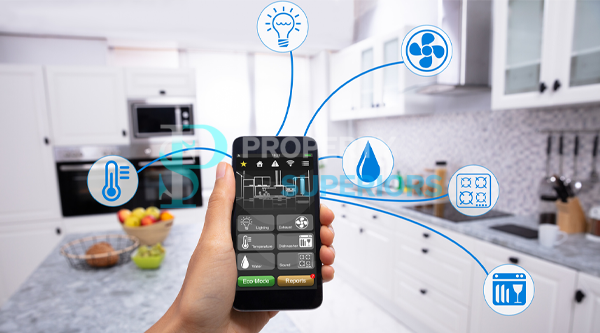
What Are the Functions of a Smart Home?
Smart sensors, surveillance cameras, speakers, light bulbs and other devices are installed in common areas of the home to create a smart home. Systems and other technical equipment work together harmoniously here. Smart home systems provide centralized control, with an emphasis on the ability to use smartphones and voice assistants.
In addition, smart home systems are equipped with software that allows the building to be controlled remotely. These systems are available in wired and wireless configurations. When it comes to smart home systems that make the most of technology, there are many factors.
What Are the Advantages of Smart Home?
One of the most important advantages of a smart home system is its increased security. Your home is safe from theft, fire and other hazards. Smart home technology warns you of the slightest threat. Smart home systems can save you a lot of money by being able to turn the heat and lights on and off at any time. You can save energy by not being able to turn on the heat and lights when you are not at home. Smart home systems offer great convenience by allowing you to control the heating, make coffee and listen to music before entering your home. Smart home technology makes your life safer and more comfortable. With this technology, you can live a calmer and happier life.
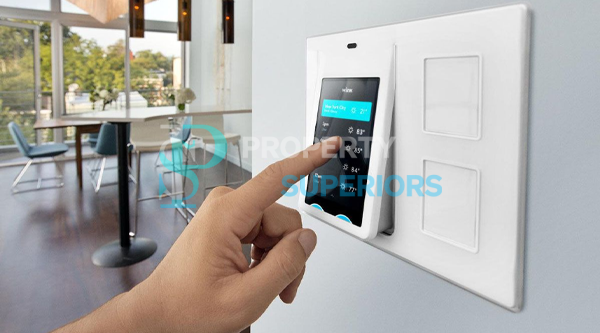
1. Take Full Control of Your Device
In this case, the convenience factor is important. The ability to integrate all the devices in your home through a single interface is a major advancement in technology and property management. In theory, all you have to do is learn how to use an app on your smartphone or tablet to access the many features and gadgets in your home. This shortens the learning curve for new users and makes it easier for you to get the home features you want.
2. Comfort
With a connected home, light and temperature settings can be controlled individually. The temperature of the room can be changed based on the number of people in a given room as well as a predefined routine or local weather forecast. After the self-learning phase, some devices can analyze the heating output according to user habits and adjust the heating behavior accordingly. Air quality such as carbon dioxide load can be continuously monitored and controlled. Lighting can be adjusted automatically based on the number of people in the room and the time of day. Individual situations can also be created. The ability to control a variety of individual smart home devices from a smartphone or tablet adds convenience and innovation.
3. Accessibility
Smart home technology is almost a miracle. They allow you to turn on lights without touching a switch, open doors from a bedroom (or hotel room), and change the temperature with just your voice. These attributes are a luxury or convenience for many people. On the other hand, smart home technology could be a powerful enabler for people with disabilities, enabling them to lead more autonomous and autonomous lives.
4. Physical Security
Integrating security and monitoring features into your smart home network can improve your home security. There are several possibilities, but only a few dozen are currently being explored. For example, home automation systems can connect motion detectors, surveillance cameras, automatic door locks, and other physical security measures around your home so you can manage them from a single mobile device before bed. You can also choose to receive security alerts on different devices at different times of the day, and you can monitor behavior in real-time whether you're at home or around the world.
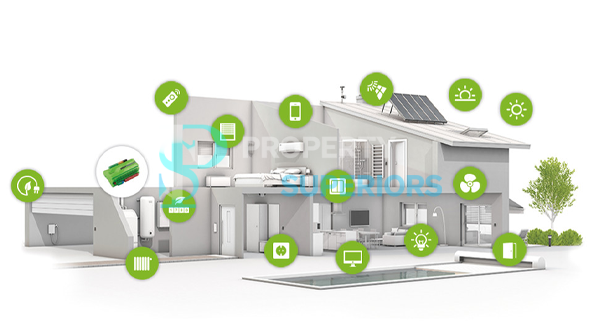
5. Save Money
Smart homes help you save energy by automatically controlling processes like temperature control, lighting control, shade control, and watering control based on the weather. Smart home provides your energy consumption data, making you more energy efficient and environmentally friendly. A smart home can detect that you're using more energy than it should, so you can save and save.
6. Prepare for the Future
As consumer interest in smart home technology soars, the world's largest tech companies and entrepreneurs are racing to outpace it. As a result, bigger and better smart home technology continues to evolve to meet our digital needs, and the industry is rapidly emerging. This is great stuff and you should see what home automation can do for you.
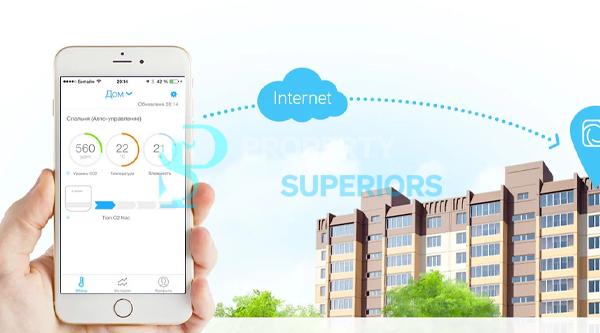
7. Claiming Rights
It can be a great conversation starter or icebreaker. Having a smart home gives you bragging rights. How many smart homes can you see around? Just by having a smart home, you can be different and unique from those around you. Imagine people walking into your home and marveling at the wonders of technology.
What Are the Disadvantages of a Smart Home?
The idea of being included in a system with remote access could lead to someone else taking control of our home that is currently under our control. System control errors can lead to unexpected results. For example, if the humidity sensor is damaged, your plants may be overwatered or dehydrated. It has the potential to make people lazy and lead them to a more mundane lifestyle. It has the potential to encourage people to think less while minimizing their responsibilities. There may be some issues with voice commands. For example, a home system that opens curtains by clapping may be affected by noise or music on the screen, and the curtains can be opened without the owner's permission. As a result, humans can be mechanized.
1. More Bugs
One of the most appealing aspects of smart home technology is the ability to remotely secure the home using connected devices. While smart home security systems can easily protect a home from theft, damage, or accidents, they also run the risk of compromising the security of personal information.
The typical smart home faces massive data threats, according to a 2021 research project. Examples of smart home attacks include hackers remotely manipulating smart lights and smart TVs, opening IoT-enabled doors, and remotely opening and streaming footage from smart cameras. In one case, a Milwaukee family found they had been robbed when they woke up to find their thermostat set above 30 degrees Celsius.
Vulnerable local area networks and weak IoT devices are two key vulnerabilities in the connected home, making them vulnerable to these attacks.
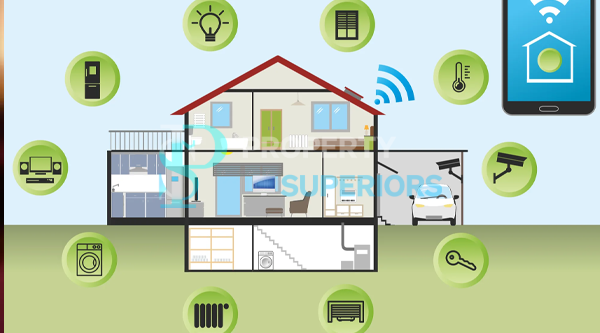
2. Energy Dependence
A smart hub integrates all your gadgets into one system for powering many smart homes. These hubs allow you to run smart devices with multiple types of operating systems from one location. Will your Smart Hub keep working when your house runs out of power? The answer is correct if the system has backup power.
Some hubs have backup battery power, some don't. For example, Samsung's third-generation SmartThings hub is not powered. How will an out-of-service Smart Hub affect your smart system? It's mostly about losing comfort. Individual gadgets still work (or don't) through their unique design, but cannot be combined. Dual power supplies can be found in many smart devices. Smart devices with backup batteries can continue to work, while devices that rely solely on electricity cannot.The good news for connecting smart devices during a power outage is that most smart thermostats, garage doors, and key locks contain batteries and will continue to work. Smart security systems that run over phone lines continue to work after a power outage, but smart security systems that run over the internet don't. Of course, smart products that don't work without electricity won't work either. Without energy, smart light bulbs, smart cooling systems and smart sockets will not work.
Unlike batteries, some smart devices have other power sources. Most garage doors can be manually controlled by disconnecting power. If using a manual garage door opener, make sure the garage door is fully closed before releasing it.
If necessary, you can use the key assembly of the smart keyless door lock to open the door. You can also keep your router and security camera working by adding a battery pack. LED bulbs with built-in batteries provide convenient lighting for your home during power outages.
In most areas, power outages from municipal sources are unavoidable at some point. Most of your home appliances are likely powered by energy, whether you have a smart system or not. If you don't have access to a backup generator, equipment with backup power or manual options can help you deal with these situations.
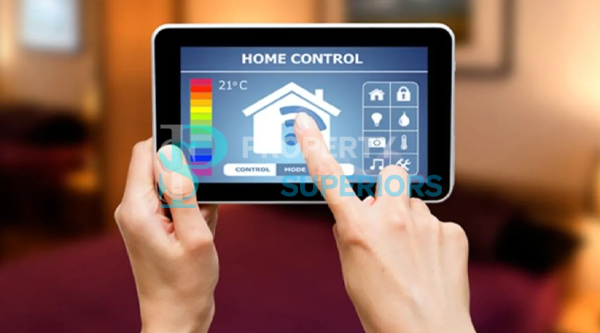
3. Crowded Internet
Providing a stable WiFi connection with sufficient security is one of the problems of the smart home. While supporting alternative protocols like Zigbee or Thread, many accessories rely on Wi-Fi for remote access, firmware upgrades, and integration with platforms like Amazon Alexa and Google Assistant. Wi-Fi is an important link in the chain at one point or another.
WiFi routers can only support a certain number of simultaneous connections. While one person in an apartment may never have a problem, couples who own their own home can quickly reach their limits, especially if they use Wi-Fi lights (like Lifx) in every room instead of Wi-Fi Fi hub (like Philips Hue). Don't get me wrong: Built-in Wi-Fi lights are useful, but only if you have a bunch.
While Wi-Fi 6 routers can prevent this congestion, 2.4GHz traffic can still quickly become overcrowded because it only supports 11 channels, while 5GHz allows many times that many. The more 2.4GHz channels you can offload from a single network, the better.
4. More Accounts
Of course, there are benefits to using multiple accounts on an Amazon Echo or Google Home device. For example, different family members have different calendars and schedules. They may also work differently. Therefore, the ability for any individual to query or view this personalized data is beneficial.
However, from a smart home perspective, this can introduce some complications. While there is only one house, each resident can have an account with their preferences, services and information.
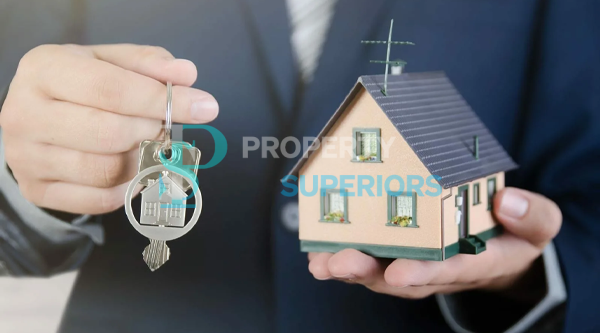
5. Expensive
In fact, smart home systems are not cheap, and the cost mainly depends on the size of your home, the quality of technology you use, and the type of system you choose. You can make the installation as complex or simple as you like and need.
A typical home automation setup looks like this:
Installing a traditional home automation system is the most cost-effective solution. This can usually be done in a day, giving you full control over the lights and blinds. For this, you will spend between $248.15 (4300TL) to $259.69 (4500TL).
Fully Automate Your Newly Built Home If you are moving into a newly built home, now is an ideal time to install a home automation system. This cost is about 3% to 5% of the total cost of your home. If the average cost of a newly built house is 450,000 lire, you will pay between $432.82 (7,500 lire) and 721.36 (12,500 lire).
Related posts:
"Smart Homes" are homes that have the latest technology. All of the parts of the house are controlled by technology, so they are fully automated. That means you can control everything in your home with the touch of a button,...
The process of interior design supervision involves the designer overseeing the execution of all tasks, including design, selecting personnel and materials, renovating existing spaces, and completing the project as planned.


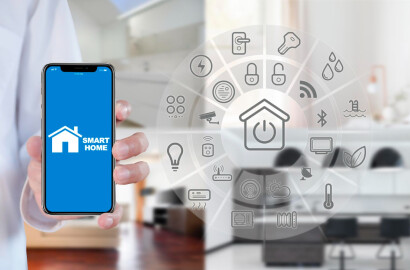

 New provisions for obtaining Turkish citizenship through real estate ownership
New provisions for obtaining Turkish citizenship through real estate ownership
 Turkish Real Estate Rental Law 2024
Turkish Real Estate Rental Law 2024
 Ways to obtain Turkish citizenship through investment 2024
Ways to obtain Turkish citizenship through investment 2024
 How to choose an ideal apartment in Turkiye?
How to choose an ideal apartment in Turkiye?
 Turkish passport... Extraction method and fees 2024
Turkish passport... Extraction method and fees 2024
